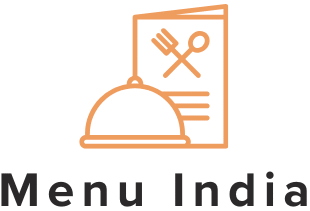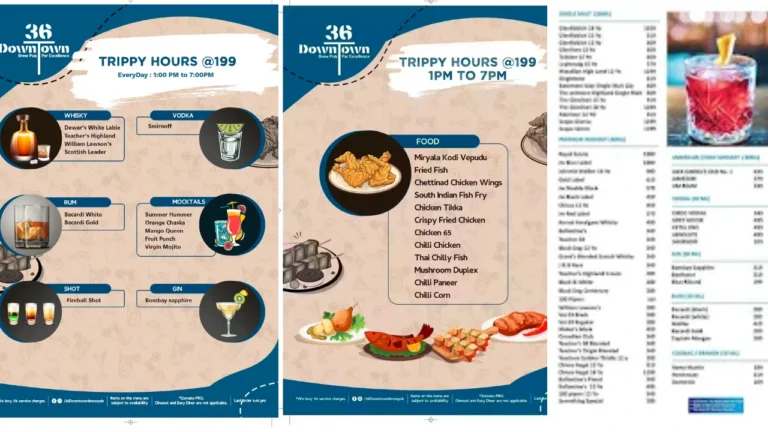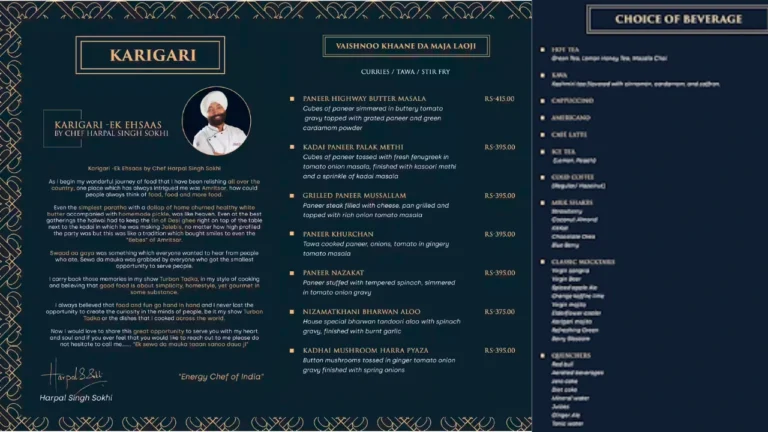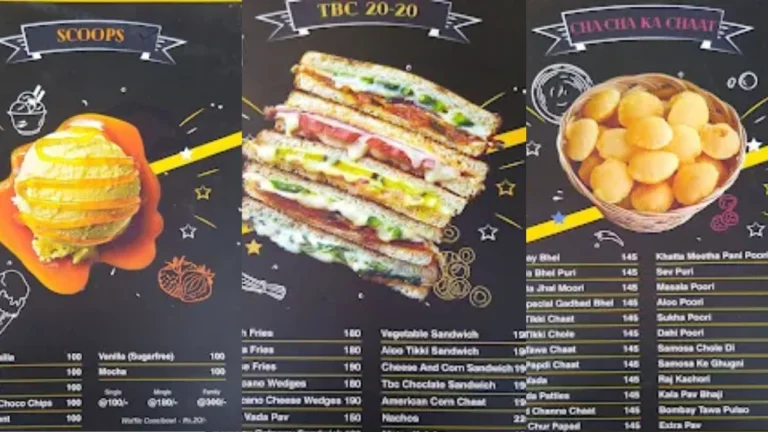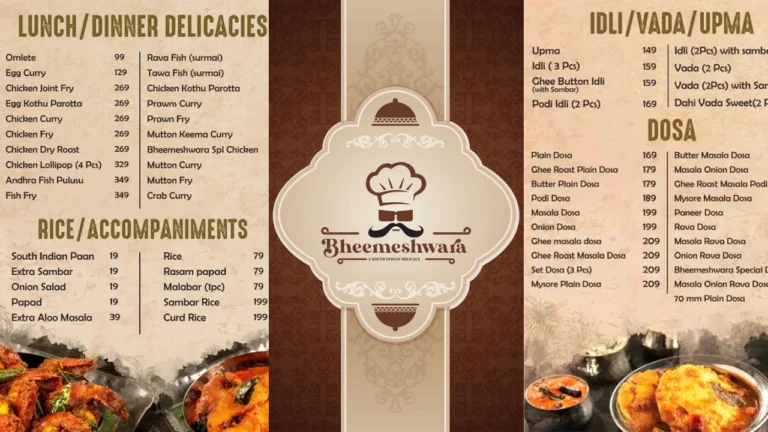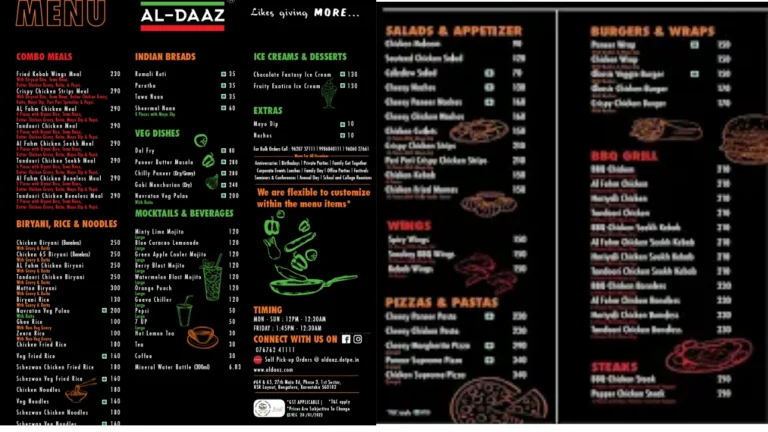Food Department Rajasthan
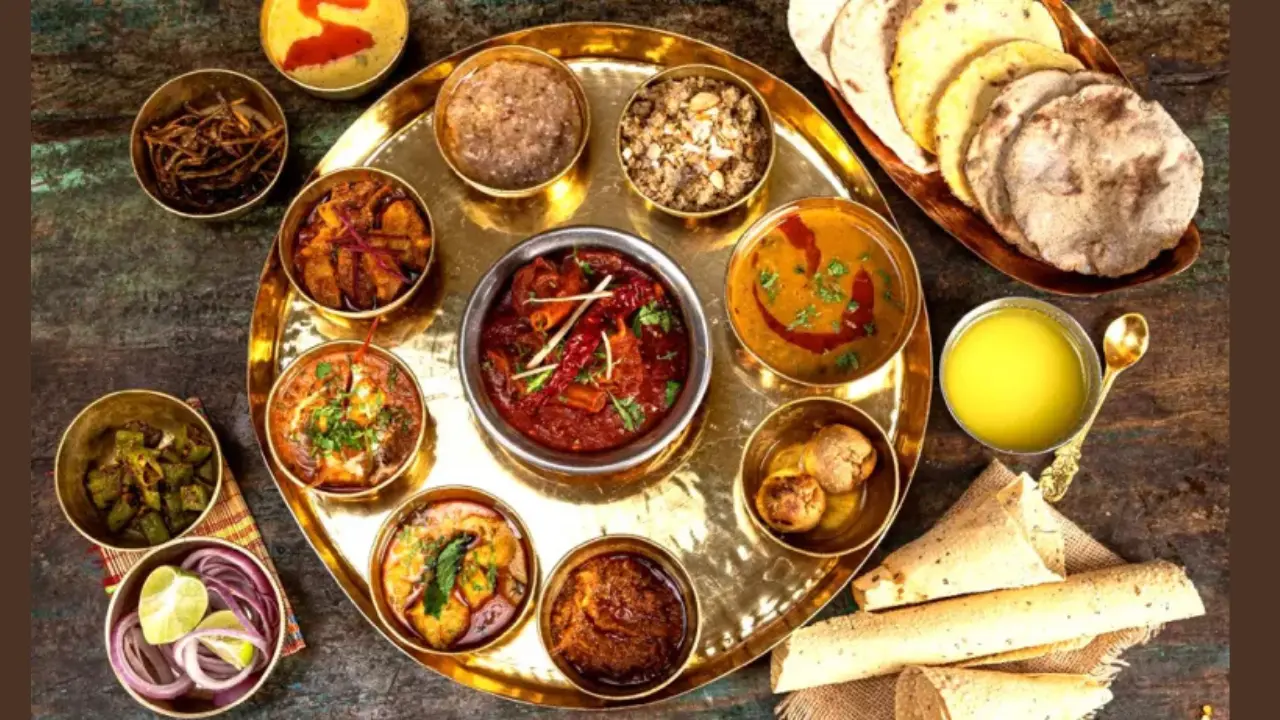
The food department Rajasthan plays a major role in making sure people in the state get food at fair prices every day. It looks after public distribution, consumer protection, and ration card management while working with transparency and care. The department connects millions of families to essential supplies through a strong system that runs across towns and villages.
History of the Food Department Rajasthan
The food department Rajasthan began in 1964 when it separated from the relief and aid department to focus on food supply. Later in 1987, the consumer protection role was added to make sure people’s rights were respected. In June 2001, its name officially became the Food, Civil Supplies, and Consumer Affairs Department to show its broader responsibility.
Traditional Rajasthani Food Menu
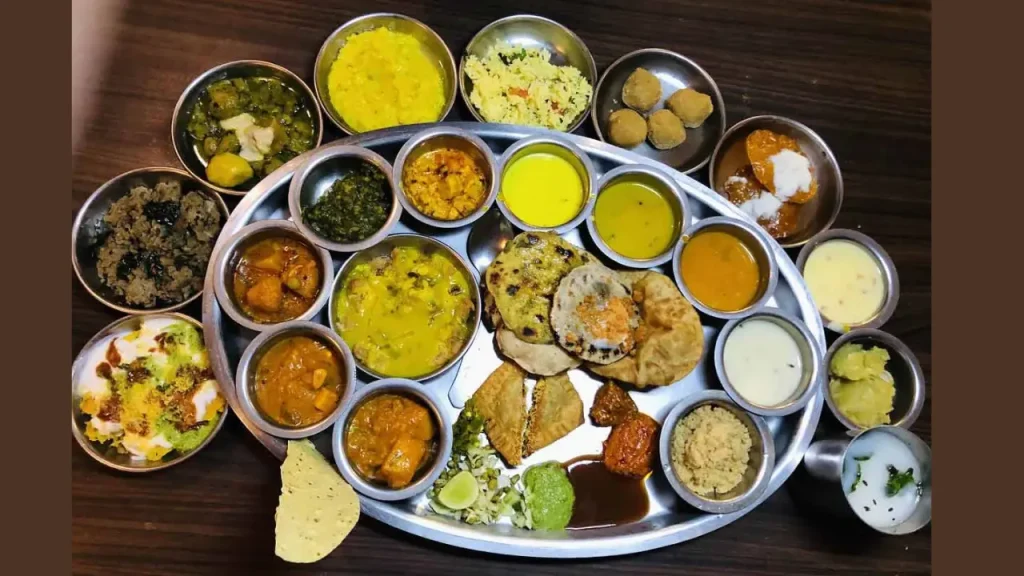
| Dish | Description | Price (₹) |
|---|---|---|
| Dal Baati Churma | Signature dish of Rajasthan with baked wheat balls, lentil curry, and sweet churma | 200 |
| Gatte ki Sabzi | Gram flour dumplings cooked in spicy yogurt curry | 160 |
| Ker Sangri | Desert beans and berries stir-fried with spices | 180 |
| Laal Maas | Fiery red mutton curry made with Mathania chilies | 350 |
| Safed Maas | Creamy white mutton curry with yogurt and cashews | 340 |
| Rajasthani Thali | Complete platter with dal, baati, churma, gatte, rice, roti, and sweets | 400 |
| Bajra Roti with Garlic Chutney | Millet bread served with spicy garlic paste | 120 |
| Papad ki Sabzi | Crispy papad cooked in tangy yogurt gravy | 140 |
| Panchmel Dal | Lentil mix of five dals, tempered with ghee and spices | 150 |
| Kadhi Pakora | Gram flour fritters cooked in sour yogurt-based curry | 160 |
| Rajasthani Kachori (Pyaaz / Dal) | Deep-fried stuffed bread, onion or lentil filling | 80 (per piece) |
| Ghewar | Traditional sweet made during festivals like Teej | 200 (per piece) |
| Malpua with Rabri | Sweet pancakes topped with thickened milk | 220 |
| Mawa Kachori | Sweet kachori stuffed with mawa and dry fruits | 150 |
Main Role of the Department
The food department manages the Public Distribution System, often called PDS, which covers the entire state. It helps families buy food grains and other essentials at lower prices through fair price shops. It also protects consumer rights and makes sure supply chains run without unfair practices.
Public Distribution System
The Public Distribution System is one of the most important functions of the department. It ensures that subsidized wheat, rice, and sugar are given to people under different categories of ration cards. With many families living in rural areas, the system helps prevent hunger and keeps food security strong across Rajasthan.
Ration Card Services
Ration cards are an important link between citizens and the PDS. The food department issues new ration cards, updates existing ones, and provides status checks online. With digital platforms now in use, people can easily apply, check their status, and receive updates without visiting offices often.
Consumer Protection Efforts
The department also protects consumer rights through its grievance redressal system. If someone faces issues with ration quality or distribution, they can raise complaints directly. The food department rajasthan then investigates and takes action, ensuring fairness for all citizens. This builds trust in the system and secures transparency.
Organizational Structure
The department functions under the Government of Rajasthan, with the Secretary of Food as the head. Various officers manage the regional and district levels to cover every corner of the state. Together, they supervise supply chains, ration shops, and consumer issues, keeping the department effective and people-friendly.
Rajasthan State Food and Civil Supplies Corporation
The Rajasthan State Food and Civil Supplies Corporation works alongside the main department. It handles the procurement, storage, and transport of food grains. This corporation ensures there is no shortage in ration shops and helps maintain a smooth supply during emergencies.
Contact and Services
People can reach the department through offices in Jaipur or online portals. The official website provides services like ration card applications, status checks, and grievance filing. Helpline numbers and emails are available for support, making it easier for citizens to connect with officers when needed.
Importance for Citizens
The food department is vital for ensuring no family goes without food in difficult times. Its schemes protect the weaker sections of society by giving them fair chances at healthy living. By combining traditional systems with digital methods, it has become more accessible and reliable for everyone.
| Function | Details |
|---|---|
| Public Distribution | Supply of wheat, rice, sugar, and kerosene through ration shops |
| Ration Cards | New applications, modifications, digital status checks |
| Consumer Protection | Complaint redressal and quality checks |
| Procurement | Storage and transport through the corporation |
| Online Services | Grievances, helplines, and application tracking |
Digital Transformation
In recent years, the department has embraced digital changes. Online applications for ration cards and tracking tools reduce the need for paperwork. Citizens can now use mobile-friendly platforms, which make the food department more transparent and responsive to public needs.
Challenges Faced
The department still faces challenges like ensuring fair distribution in remote areas and tackling corruption in ration shops. It also works on improving storage to reduce food grain wastage. By applying strict monitoring and using technology, the food department Rajasthan is trying to overcome these barriers.
Achievements of the Department
Over time, the department has made great progress in covering millions of families under the PDS. Many fair price shops now run digitally with electronic point-of-sale machines. These efforts by the food department increase transparency and reduce fraud while building faith among people.
Future Goals
Looking ahead, the department aims to further strengthen consumer protection and introduce more digital systems. It plans to make ration delivery more efficient and to reduce errors in supply chains. The food department is working to improve both access and quality for every citizen.
Conclusion
The food department Rajasthan remains a central pillar in ensuring food security and fairness for millions of families. From public distribution to consumer protection, it serves as a bridge between government resources and citizen needs. With its strong history, digital progress, and clear vision, it continues to shape a better future for Rajasthan
